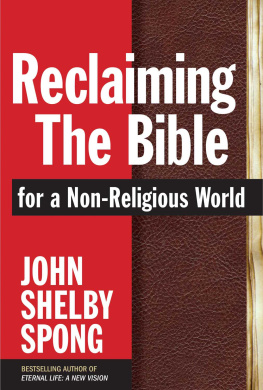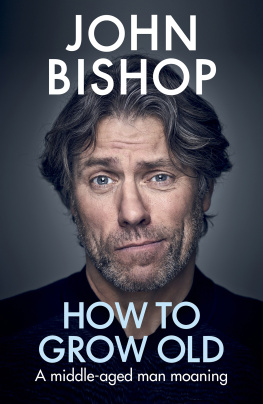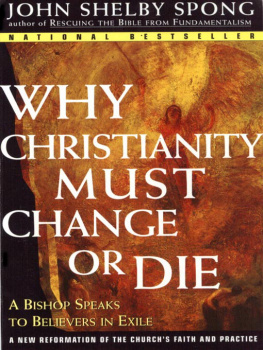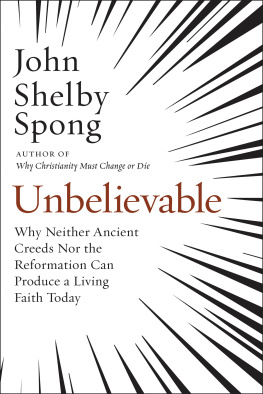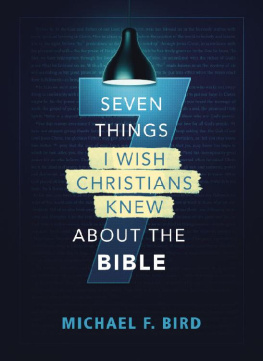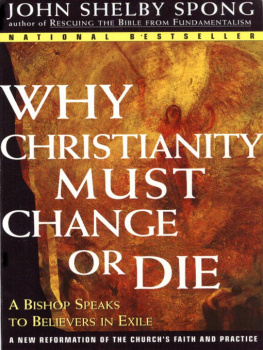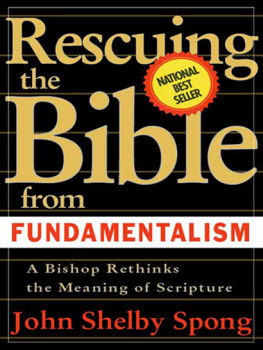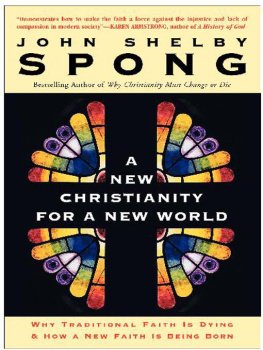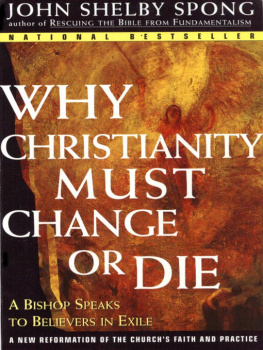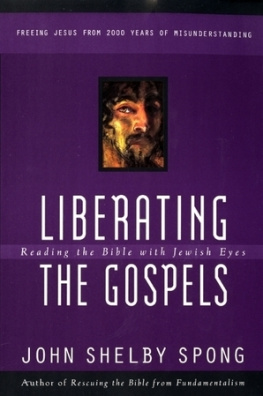Dedicated to
Mike Keriakas
Mark Tauber
Ben Wolin
the founders of Agoramedia.com, which evolved into
Waterfrontmedia.com and finally into EverydayHealth.com,
who invited me to become a weekly columnist, a role that
I have now filled for nine years
and to
Mark Roberts
Mekado Murphy
Tony Brancato
Roseanne Henry
Sarah Hutter
Daniela Descano
who worked with me on this column during the years of our association.
I am grateful to them all.
Contents
T he idea for this book was born in 2006 in a summer retirement community in Highlands, North Carolina. Highlands is a small town nestled in the beautiful mountains of Macon County, about an hours drive southwest of Asheville. During the height of the summer season the permanent residents, eager to enhance the attractiveness of this area to tourists, together with some summer-only residents, organize events to engage and entertain the hundreds and even thousands of vacationers seeking to escape the heat of the South in the cooler temperatures of the North Carolina mountains. These summer activities have two primary foci. First these Highlanders plan for and carry out a schedule of magnificent concerts, involving visiting artists, vocalists and string and chamber groups who perform until early August. To head up this activity there is a governing board and designated leaders, but when I talk to the musicians it is clear that they believe that Mark and Kathy Whitehead, he a retired urologist and she a retired nurse, are the soul of this activity. A major resource available to the Whiteheads and their fellow planners is that these mountains attract each summer a number of musicians who are in residence, including some who are part of the Atlanta Symphony. One of them, William Ransom, a pianist of uncommon talent, not only directs these events, but also performs in them as an artist. Every one of these concerts seems to be a sellout, and a gala celebration dinner at the end of the summer season is the high social point of the year.
The second summer offering is sponsored by an organization known as HIARPT, which stands for the Highlands Institute for American Religion, Philosophy and Theology. This organization sponsors a weekly summer lecture series. HIARPTs founder and president, a man named Creighton Peden, was formerly the Calloway Professor of Philosophy at Augusta State University. He is ably assisted in this activity by Everett J. Tarbox and his wife, Nancy, he a retired university professor and she a student of religion. Obviously others also assist in this process. Many of the residents and vacationers are people who have had distinguished careers in academia, business, law and medicine, primarily across the South. The leaders of HIARPT are dedicated to their goal of guaranteeing that the intellectual life of this summer community will always be stretching. Toward that end, in this lecture series they bring to Highlands philosophers and theologians to be guest lecturers throughout the summer. I have been privileged to be one of these since 2003 . For me this has meant that on Monday and Tuesday evenings for two, three or four weeks each summer, I have addressed this audience as a teacher. My subject has always been some aspect of the Bible, demonstrating my conviction that if the Bible is taught to laypeople in the same way that it is taught in academic centers like Union Theological Seminary in New York or Harvard Divinity School in Cambridge, Massachusetts, with no attempt to protect the fairly juvenile Sunday school knowledge to which so many otherwise learned people still cling, there will be a significant response. I have never believed that the Bible needs to be protected either from critical biblical scholarship, or from the insights that come from astrophysics, astronomy, biology, psychology or any other source.
As part of this HIARPT program in the summer of 2006 I began a series of lectures on how the various books of the Bible came to be written and then how these writings later came to be regarded as sacred scripture. I think it is fair to say that my audience had lived generally within the cultural framework of the evangelical religion that seems native to the South, but can be found anywhere in the Christian world and is today particularly noted as the form of Christianity present and growing in the Third World. In this religious expression the tendency is to treat the Bible in a more or less literal way. The unspoken assumption for some is that the Bible dropped from heaven fully written, divided into chapters and verses and, if they are English-speaking people, in the King James Version! I discovered, however, in the course of my presentations over the next five summers that most of these people did not really believe these things about the Bible at all. They only pretended that they did, because they thought that this was what Christianity and their evangelical, religious culture required them to believe. Perhaps an even greater factor sustaining this childlike belief system was that they knew of no other way to engage the Bible, or indeed that there even was another way! When they began to understand that a literal view of the Bible was not what Christian scholars had believed for almost two hundred years, they responded with great enthusiasm. Far from experiencing from this audience the sense of threat and fear that so many evangelicals manifest, I found in them a sense of freedom and an eagerness to know more. Seldom was there an empty seat available over the summers. Indeed, the venue had to be moved to a larger space just to accommodate the crowds.
What I hoped to do in these lectures was to discover a way to introduce competent biblical scholarship to the people who sit in the pews of our churches. It was fascinating for me to see them engage the Bible in a way none of them had ever imagined doing so before. They quickly escaped the well-known religious anxiety which suggests that if the Bible is not believed literally it will not be believed at all. The question period that followed each lecture was animated and open with many of the members of my audience raising questions publicly that they had long harbored privately.
I was so encouraged by the response of these people to this public exploration into the Bible that I decided to introduce this material to a much wider and more diverse audience through the medium of my weekly column, which was published at that time by an Internet company known as WaterfrontMedia. That company, which has now changed its name to EverydayHealth, marketed this column across this nation and around the world, reaching a readership that in some weeks topped one hundred thousand people. The excitement I had experienced in my live audience each week in Highlands was now replicated in the response I received to my column over the next five years, a time-span that allowed me to be much more thorough and substantive than I could be in four to eight lectures each summer. In the column I went into the origins, the background and the essential meaning of each of the sixty-six books in the Bible. To my knowledge this was the first serious week-by-week study of the Bible from an academic perspective that had ever been tried on the Internet. By the time the series was concluded in 2010, the enthusiasm of my readers across America and around the world indicated to me that there was a vast audience of religiously hungry people eager to explore a meaningful journey into the Bible. It was then that my publisher, HarperOne, asked me to examine the possibility of turning these columns into a book on both the origins of the Bible and the essential message of each of its books, specifically aimed at inquisitive and educated laypeople for whom their familiar Sunday school stories still provided the substance of most of their biblical knowledge. My conviction was and is that what people learn in a typical Sunday school will never be adequate to sustain a believable faith for educated, questioning people living in the twenty-first century.
Next page
